Tag Archive for: AGEO
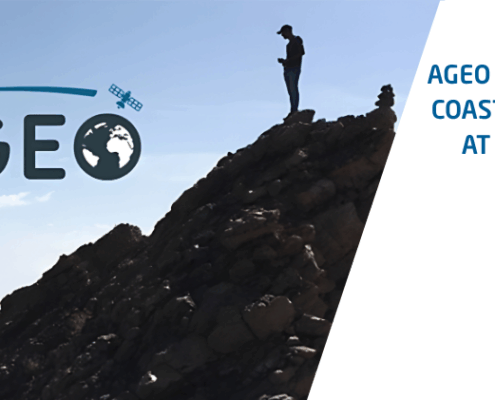
The AGEO Project Wins Two Awards in Brussels for Monitoring Natural Disasters
The AGEO project triumphed in the European REGIOSTARS Awards,…
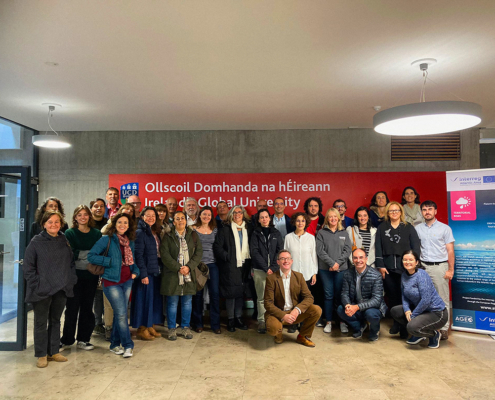 La Palma Research Centre
La Palma Research CentreLPRC attends AGEO 8th Consortium Meeting in Dublin
La Palma Research Centre (LPRC) attended the AGEO 8th Consortium…
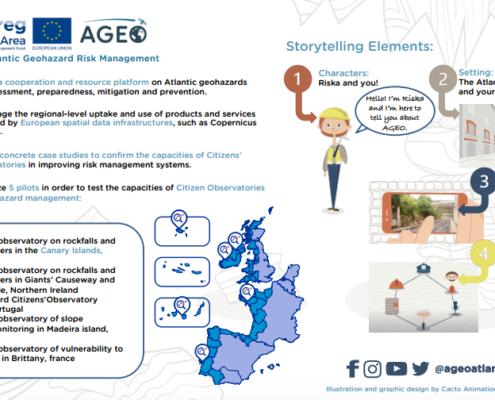 AGEO
AGEOAGEO presented at the “Future of Science Communication Conference”
The Future of Science Communication Conference was held on the…
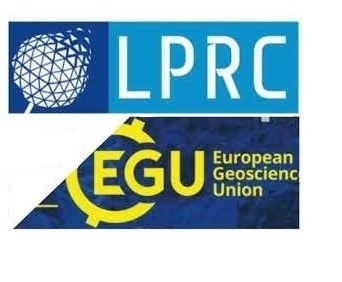
LPRC projects at EGU 2021
This year, following the company's tradition to present its projects…
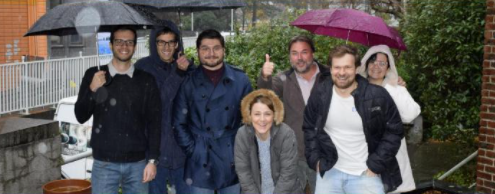
LPRC during 2020 – a summary
The past year was an atypical one, there is no denying it. Despite…
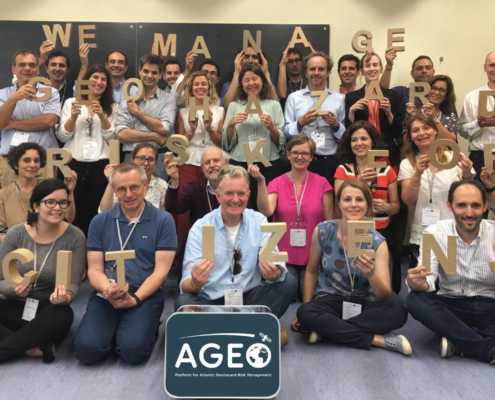 AGEO
AGEOAGEO e-meeting – May 2020
On the 27th and 28th of May the third Consortium meeting of the…
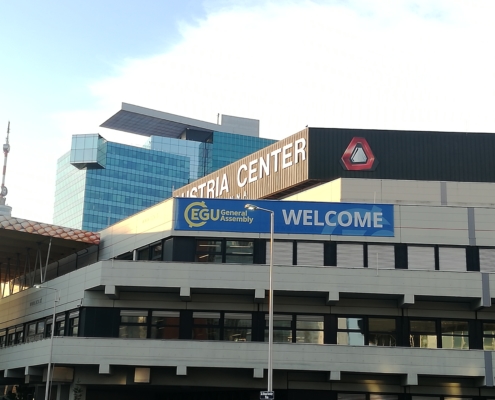
EGU 2020 online event from LPRC’s eyes
Last week, the LPRC team presented some of its projects at the…

EGU 2020 online – with LPRC participation
Similarly to the past editions of 2017 and 2019, LPRC is set…
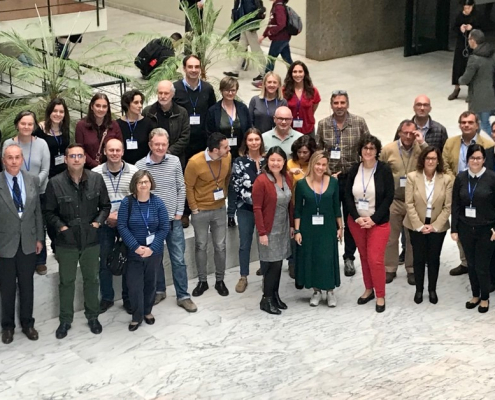
AGEO meeting, Lisbon
The partners of the AGEO Interreg Atlantic Area project met in…
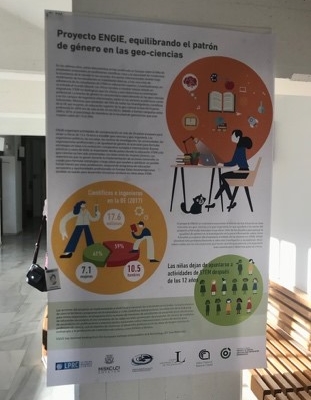
LPRC presented at Congress for Social Communication of Science, Burgos
LPRC presented three posters and one oral presentation in the…
